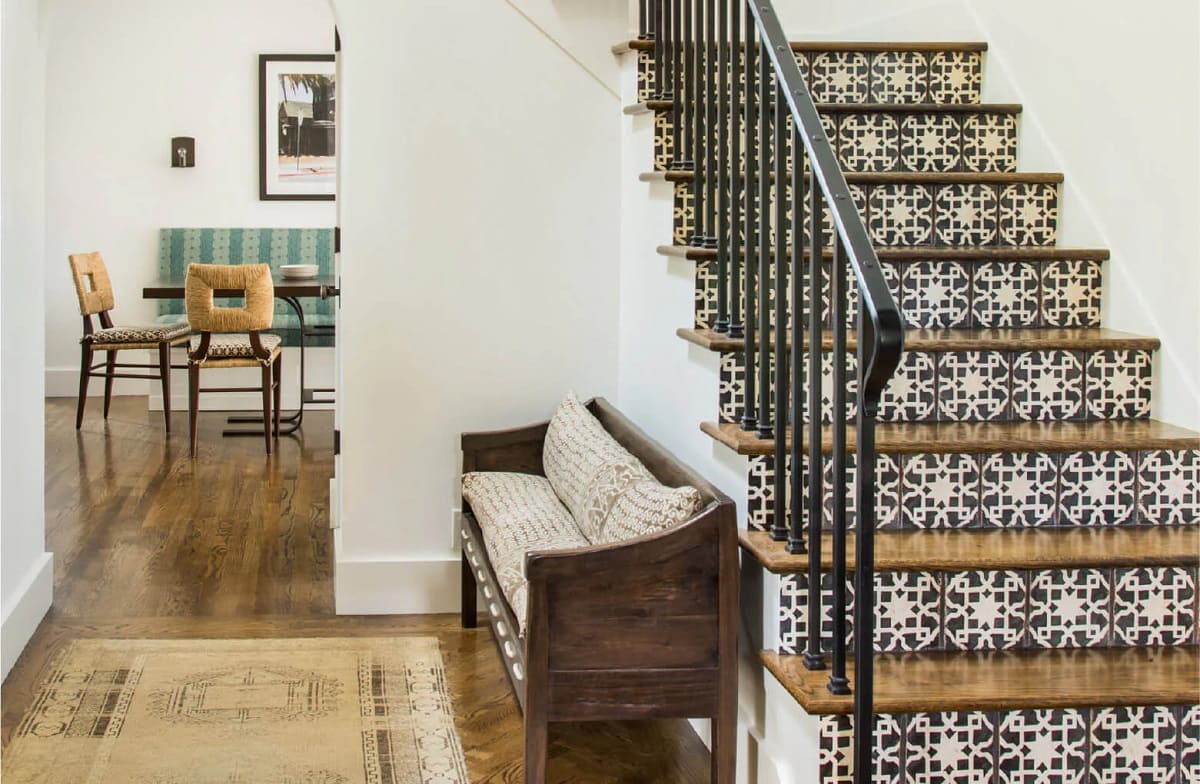

Articles
What Type Of Flooring Is Best For Stairs?
Modified: January 24, 2024
Looking for the best flooring for stairs? Read our informative articles to discover the perfect type of flooring that suits your needs.
(Many of the links in this article redirect to a specific reviewed product. Your purchase of these products through affiliate links helps to generate commission for Storables.com, at no extra cost. Learn more)
Introduction
Choosing the right type of flooring for your stairs is essential for both aesthetic appeal and functional durability. Stairs are often one of the most heavily trafficked areas in a home, which means they require a flooring material that can withstand frequent use and maintain its appearance over time. Additionally, safety is a paramount concern when it comes to stairs, so selecting a flooring option that provides excellent grip and reduces the risk of slips and falls is crucial.
In this article, we will explore different types of flooring options for stairs, highlighting their advantages and considerations. Whether you are remodeling your stairs or building new ones, understanding the benefits and drawbacks of different flooring materials will help you make an informed decision.
Before delving into specific flooring options, it’s important to note that safety should always be the top priority when selecting flooring for stairs. The surface should offer sufficient traction to minimize the chances of accidents, especially in households with elderly individuals, young children, or pets. It’s also essential to ensure that the stairs are well-maintained and free from any loose steps or railings.
Now let’s explore the various flooring options available for stairs:
Key Takeaways:
- Prioritize safety, durability, and maintenance when choosing flooring for stairs. Consider carpeting for comfort and noise reduction, hardwood or tile for elegance, and laminate or vinyl for budget-friendliness and easy maintenance.
- Each flooring option offers unique benefits and considerations. Consider your preferences, budget, and household needs to make an informed decision. Safety should always be the top priority when selecting flooring for stairs.
Read more: What Type Of Paint For Stairs
Safety Considerations
When choosing flooring for your stairs, safety should be at the forefront of your decision-making process. Here are a few safety considerations to keep in mind:
- Traction: The level of traction offered by the flooring material is of utmost importance to prevent slips and falls on the stairs. Look for materials that have a textured or non-slip surface to provide excellent grip.
- Durability: Stairs experience heavy foot traffic, which can quickly wear down low-quality materials. Opt for durable flooring options that can withstand constant use and maintain their appearance over time.
- Maintenance: Consider the ease of cleaning and maintenance for the chosen flooring. Stairs are prone to dirt, spills, and stains, so selecting a material that is easy to clean and resistant to stains is essential.
- Visibility: It is important to ensure that the stair treads are clearly visible, especially in dimly lit areas. Choose flooring that offers sufficient contrast with the risers to improve visibility and prevent tripping hazards.
- Noise Reduction: If noise is a concern, especially in multi-story homes, consider flooring options that minimize noise transmission, such as carpeting or materials with acoustic properties.
By taking these safety considerations into account, you can narrow down your options and select a flooring material that provides the necessary safety features for your stairs while blending seamlessly with your overall interior design scheme.
Carpeting
Carpet is a popular and versatile option for stairs, offering both comfort and safety. Here are some advantages and considerations of using carpeting for your stairs:
- Comfort: Carpet provides a soft and cushioned surface, making it comfortable to walk on, especially for barefoot or socked feet. It can also help to reduce noise levels and minimize the impact of falls.
- Safety: Carpeting offers excellent traction, reducing the risk of slips and falls on the stairs. The fibers provide a grip and prevent the feet from sliding, especially in homes with young children or elderly individuals.
- Insulation: Carpet acts as an insulator, helping to maintain a comfortable temperature on stairs, especially in colder climates. It prevents heat loss and can help to reduce energy consumption.
- Style Variety: With numerous colors, patterns, and textures available, carpeting offers a wide range of design options to suit any interior style or personal preference.
- Maintenance: Regular vacuuming and occasional deep cleaning are required to maintain the appearance and hygiene of carpeted stairs. Stains and spills should be promptly treated to prevent permanent damage.
- Durability: It’s important to choose a carpet specifically designed for high-traffic areas to ensure its longevity. Stairs can experience heavy foot traffic, so selecting a carpet that is durable and stain-resistant is essential.
Carpeting is an ideal choice for homeowners who prioritize comfort, safety, and noise reduction. It provides a warm and cozy feel to the stairs while adding a touch of style to your home’s interior.
Hardwood
Hardwood flooring is a classic and timeless option that adds beauty and elegance to any staircase. Here are some advantages and considerations of using hardwood on your stairs:
- Aesthetic Appeal: Hardwood stairs lend a sense of sophistication and charm to your home. They add natural warmth and character that can complement any interior design style.
- Durability: Hardwood is known for its durability and longevity. Properly installed and maintained hardwood stairs can withstand heavy foot traffic and retain their beauty for decades.
- Easy Maintenance: Hardwood stairs are relatively easy to clean and maintain. Regular sweeping and occasional polishing or refinishing will keep them looking their best and help to prolong their lifespan.
- Design Flexibility: Hardwood stairs offer a wide range of design options. You can choose from various wood species, stains, and finishes to match your desired aesthetic and create a cohesive look throughout your home.
- Safety: While hardwood stairs can be slippery, adding a non-slip stair tread or a carpet runner can enhance safety by providing additional traction and minimizing the risk of falls.
- Investment: Hardwood flooring is considered an investment in your home’s value. It is highly sought after by homebuyers and can increase the resale value of your property.
It is important to note that the cost of hardwood flooring can be higher compared to other options. However, the timeless beauty and durability make it a worthwhile investment for many homeowners.
When choosing flooring for stairs, consider durability, safety, and ease of maintenance. Hardwood, laminate, and carpet are popular options. Hardwood provides a classic look, laminate is easy to clean, and carpet offers traction and cushioning.
Laminate
Laminate flooring is a cost-effective and versatile option for stairs, offering the look of hardwood or other materials at a more affordable price. Here are some advantages and considerations of using laminate on your stairs:
- Affordability: Laminate flooring is a budget-friendly option for homeowners. It provides the appearance of hardwood, stone, or tile without the high cost associated with those materials.
- Wide Variety: Laminate comes in a wide range of colors, patterns, and styles, allowing you to achieve the desired look for your stairs. It can replicate the natural beauty of hardwood or the sleekness of contemporary tiles.
- Durability: Laminate is known for its durability and resistance to scratches, impacts, and stains. This makes it an excellent choice for stairs that experience heavy foot traffic.
- Easy Installation: Laminate flooring is designed for easy installation, with many options featuring a click-and-lock mechanism. This allows for a hassle-free and quick installation process, saving both time and money.
- Low Maintenance: Laminate stairs are relatively easy to clean and maintain. Regular sweeping and mopping with a damp cloth are usually sufficient to keep them looking their best.
- Safety: Laminate stairs can be slippery, especially if they become wet. Consider adding non-slip stair treads or using rugs to enhance traction and prevent accidents.
While laminate flooring is durable, it is not as resistant to moisture as materials like vinyl or tile. Therefore, it is important to promptly clean up any spills or water on laminate stairs to prevent damage.
Overall, laminate flooring is a cost-effective option for homeowners seeking the look of high-end materials without the hefty price tag. It offers durability, style, and a wide range of design possibilities for your stairs.
Vinyl
Vinyl flooring is a popular choice for stairs due to its durability, affordability, and versatility. Here are some advantages and considerations of using vinyl on your stairs:
- Durability: Vinyl is a highly durable and resilient flooring material, making it suitable for high-traffic areas like stairs. It is resistant to scratches, dents, and stains, ensuring that your stairs will maintain their appearance over time.
- Affordability: Vinyl flooring is often more cost-effective than other materials like hardwood or tile. It offers a budget-friendly option for homeowners who want a durable and attractive stair covering without breaking the bank.
- Water and Stain Resistance: Vinyl is inherently moisture-resistant, making it a suitable choice for stairs that may be exposed to spills or wet conditions. It is also easy to clean and maintain, requiring only regular sweeping and occasional mopping.
- Style Variety: Vinyl flooring comes in a wide range of colors, patterns, and textures, allowing you to achieve the desired look for your stairs. It can mimic the appearance of natural materials like wood or stone, giving you plenty of design options.
- Comfort: Vinyl is a softer and warmer material compared to hardwood or tile, providing a more comfortable and cushioned feeling underfoot. This can be particularly beneficial for households with young children or older individuals.
- Installation: Vinyl flooring is relatively easy to install, especially in the form of planks or tiles with a click-and-lock mechanism. This makes it a convenient option for homeowners looking for a DIY project or a quick installation process.
While vinyl is a durable option, it is important to choose a high-quality product specifically designed for stairs. This will ensure that it can withstand the rigors of daily use and maintain its appearance for years to come.
Vinyl flooring offers an affordable, durable, and versatile solution for stair coverings. With its wide range of design options and easy maintenance, it is a popular choice for many homeowners.
Tile
Tile flooring on stairs can add a touch of elegance and sophistication to any home. Here are some advantages and considerations of using tile for your stairs:
- Aesthetic Appeal: Tile offers a wide range of design possibilities, from classic ceramic to modern porcelain and natural stone. You can choose from various colors, patterns, and textures to create a stunning visual impact on your stairs.
- Durability: Tile is known for its durability and resilience, making it an excellent choice for high-traffic areas like stairs. It is resistant to scratches, stains, and moisture, ensuring that your stairs will maintain their beauty and functionality for years.
- Easy Maintenance: Tile stairs require minimal maintenance, simply needing regular sweeping and occasional mopping to keep them clean and looking their best. The smooth surface of the tiles makes cleaning up spills a breeze.
- Water Resistance: Tile is highly water-resistant, making it suitable for stairs that may be exposed to moisture or wet conditions. This can be particularly beneficial in areas like bathrooms or outdoor staircases.
- Safety: While tile stairs can be slippery, selecting tiles with textured or non-slip surfaces can greatly enhance safety and reduce the risk of falls. Additionally, using a stair tread or a rug with a non-slip backing can provide additional traction.
- Cooling Effect: Tile has natural cooling properties, making it a great choice for homes in warmer climates. The cool surface of the tiles can help to keep the stairs comfortable, especially during hot summer months.
It is important to note that tiles can be more challenging to install compared to other flooring options. Professional installation may be required to ensure proper alignment and prevent damage to the tiles.
Tile flooring offers a luxurious and durable option for stair coverings. With its wide variety of design choices and easy maintenance, it can transform your stairs into an eye-catching focal point in your home.
Conclusion
Choosing the right type of flooring for your stairs is essential for both safety and aesthetic purposes. Each flooring option – whether it’s carpeting, hardwood, laminate, vinyl, or tile – offers its own set of advantages and considerations. Understanding these factors will help you make an informed decision that aligns with your needs and preferences.
If comfort, noise reduction, and a wide range of design options are important to you, carpeting may be the ideal choice for your stairs. Carpet provides a soft and cushioned surface, enhancing safety and comfort.
For those who value elegance and durability, hardwood and tile flooring are excellent options. Hardwood adds a timeless appeal and can increase the value of your home. Tile, on the other hand, offers a variety of stylish designs and is highly resistant to moisture and stains.
If budget-friendliness and easy maintenance are your top priorities, laminate and vinyl flooring are worth considering. Laminate replicates the look of high-end materials at a more affordable price, while vinyl offers water resistance and a wide variety of style choices.
Ultimately, the right flooring choice for your stairs will depend on your individual preferences, budget, and the specific needs of your household. It is important to weigh the pros and cons of each option and consider factors such as safety, durability, maintenance, and style.
Remember, safety should always be a top consideration when selecting flooring for stairs. Take into account factors like traction, visibility, and the overall maintenance required to ensure a safe environment.
By carefully considering the advantages and considerations of each type of flooring, you can make an informed decision that not only enhances the appearance of your stairs but also ensures the safety and functionality of your home.
Frequently Asked Questions about What Type Of Flooring Is Best For Stairs?
Was this page helpful?
At Storables.com, we guarantee accurate and reliable information. Our content, validated by Expert Board Contributors, is crafted following stringent Editorial Policies. We're committed to providing you with well-researched, expert-backed insights for all your informational needs.
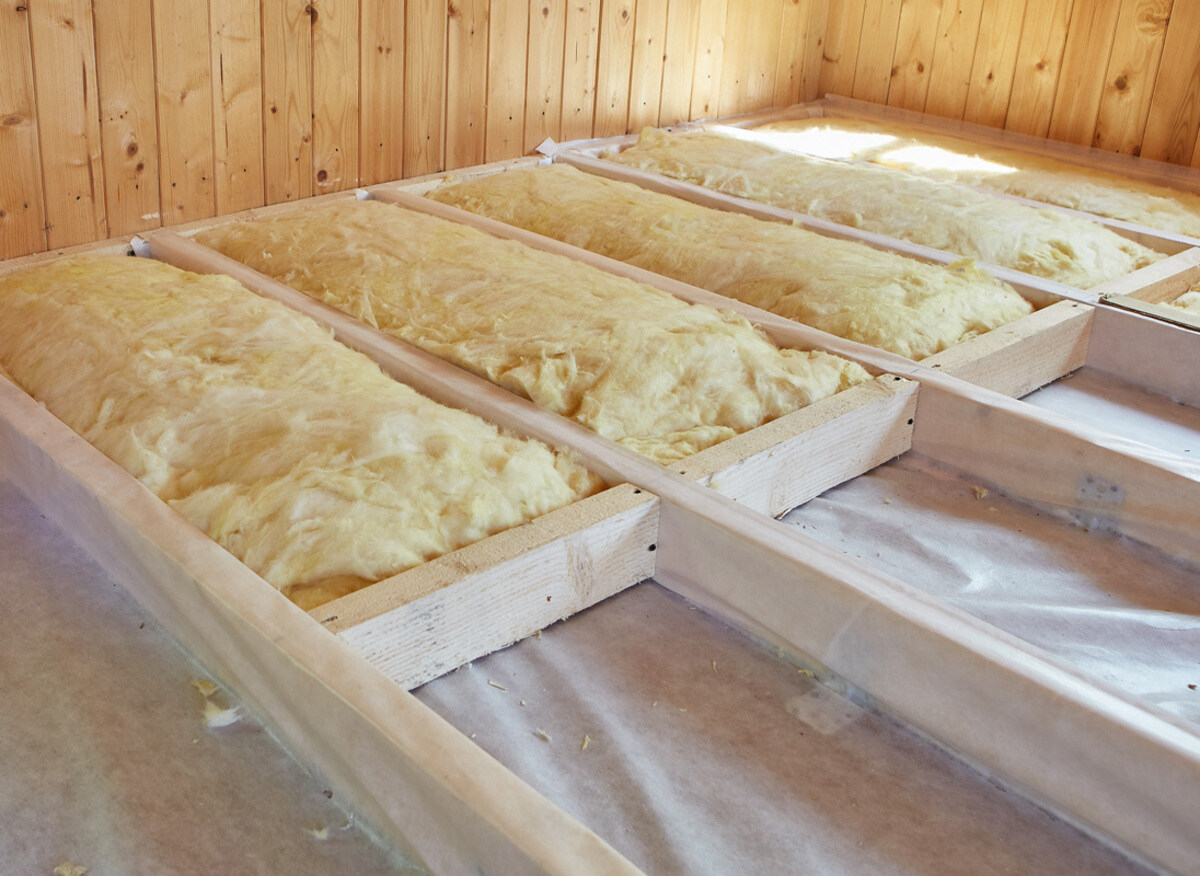
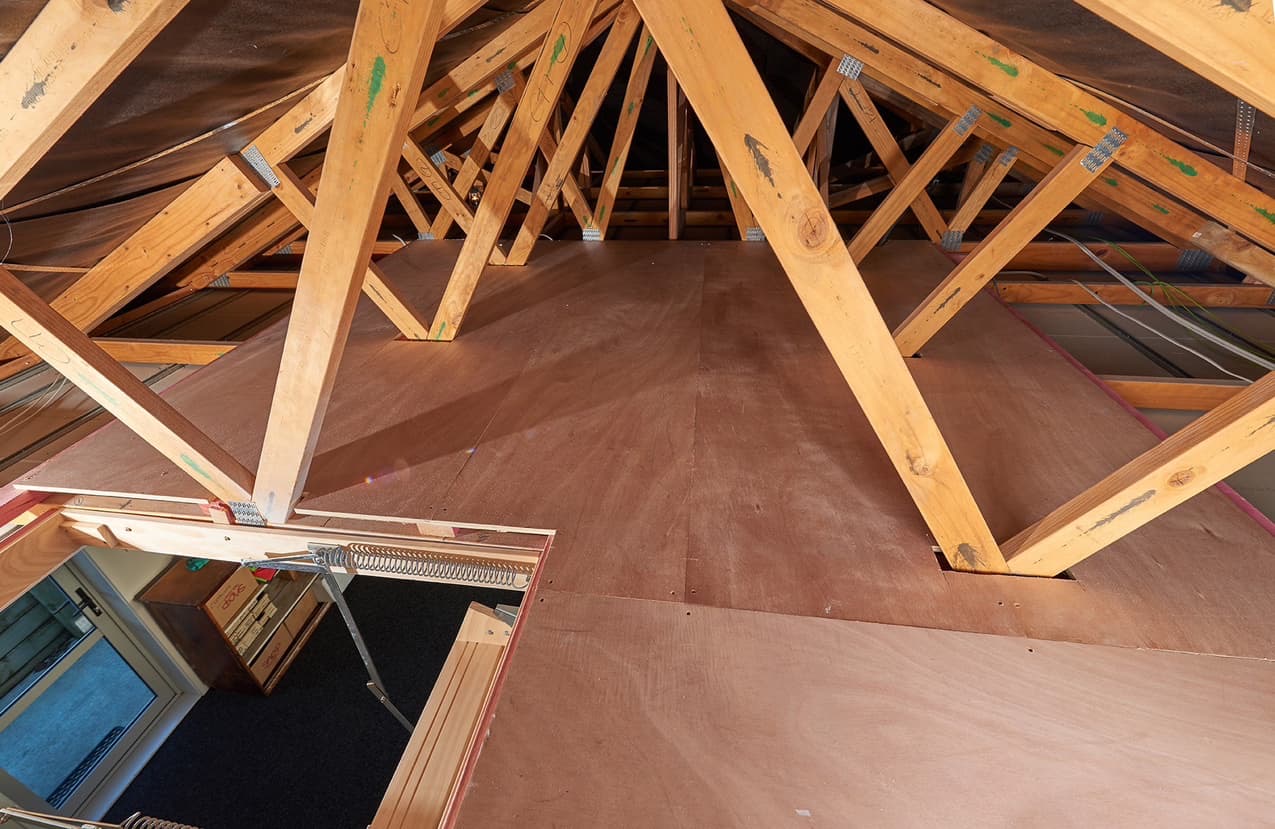
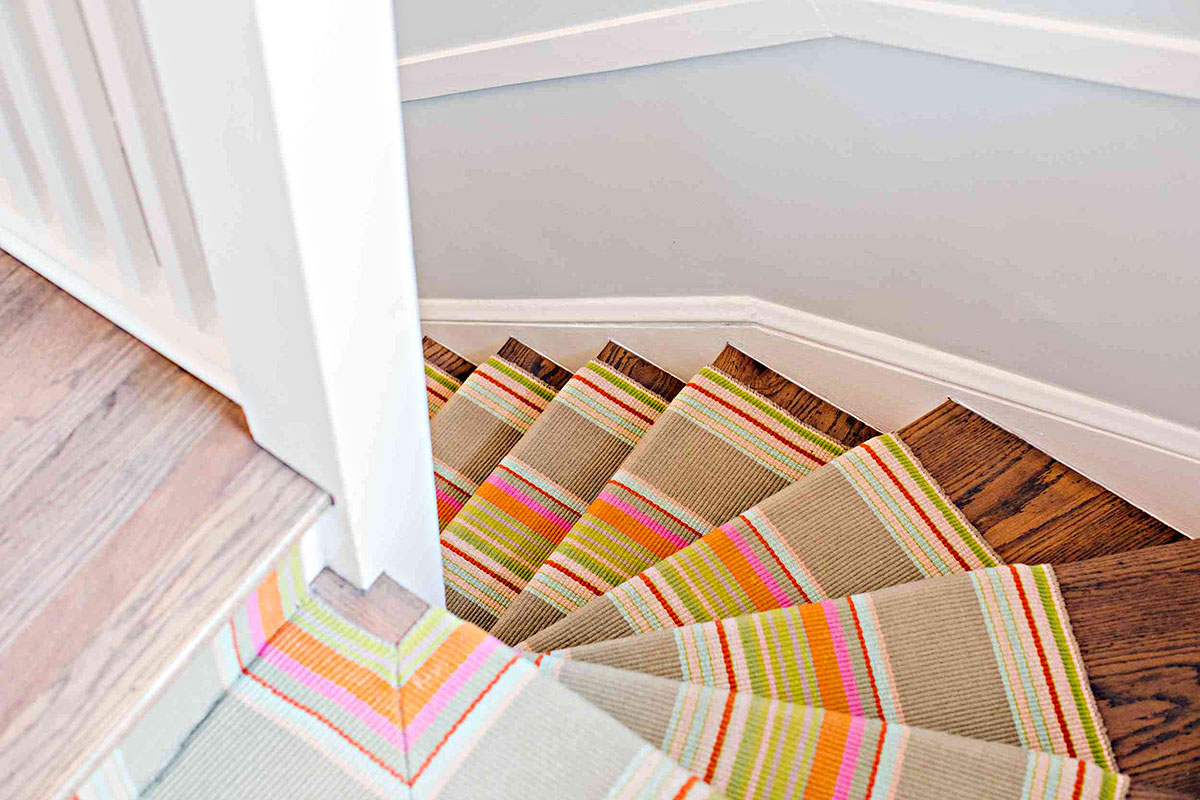
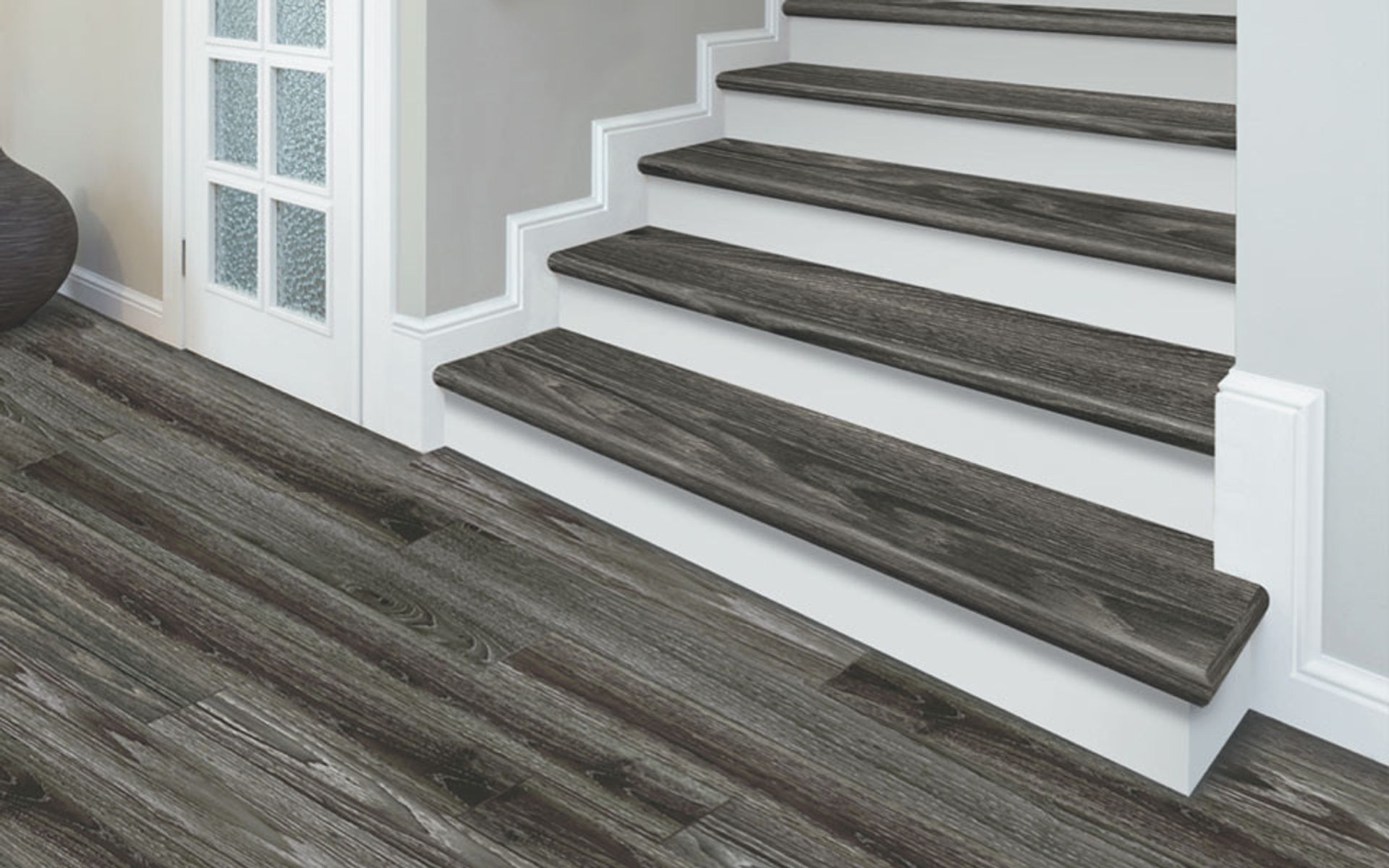
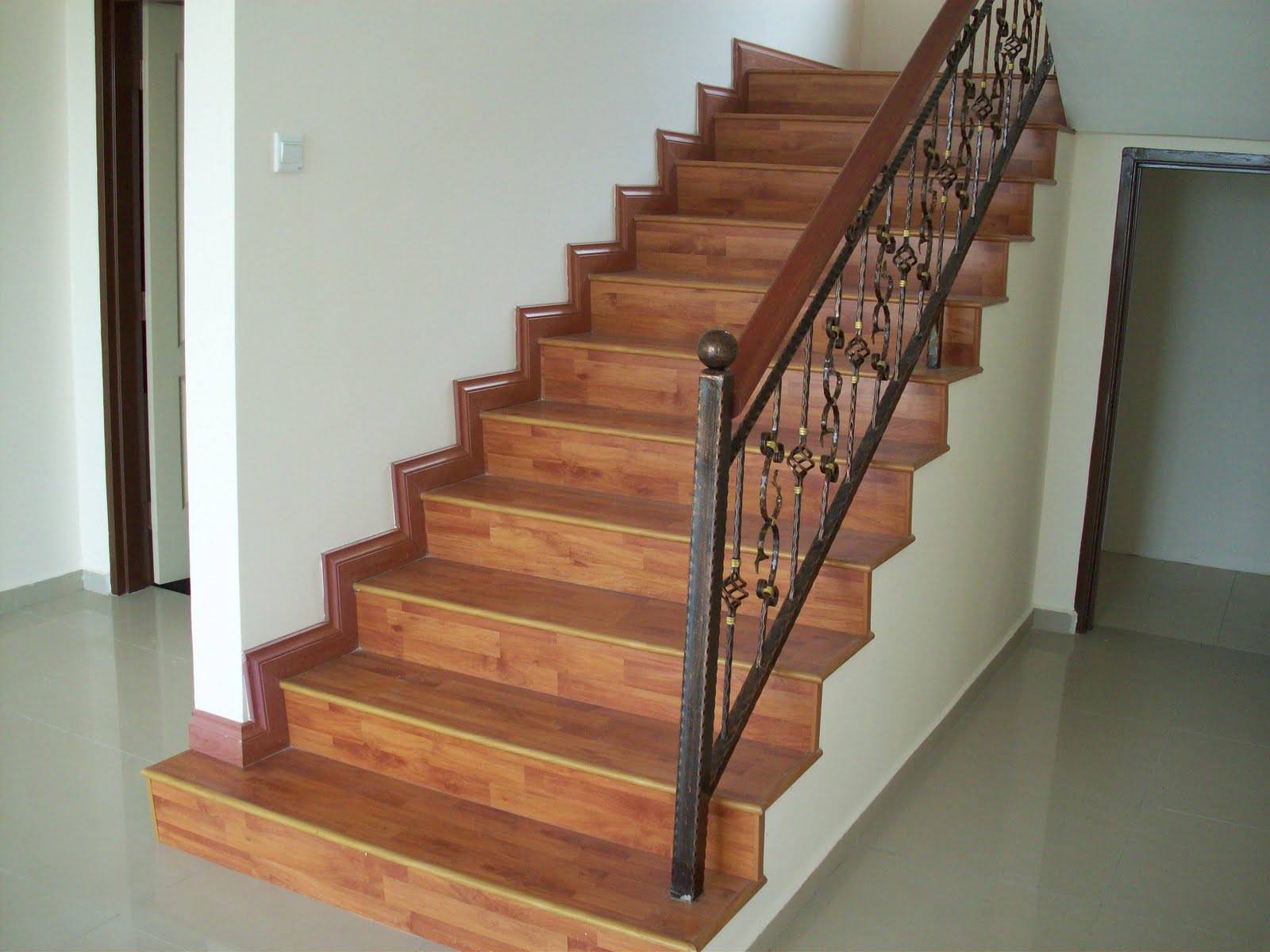
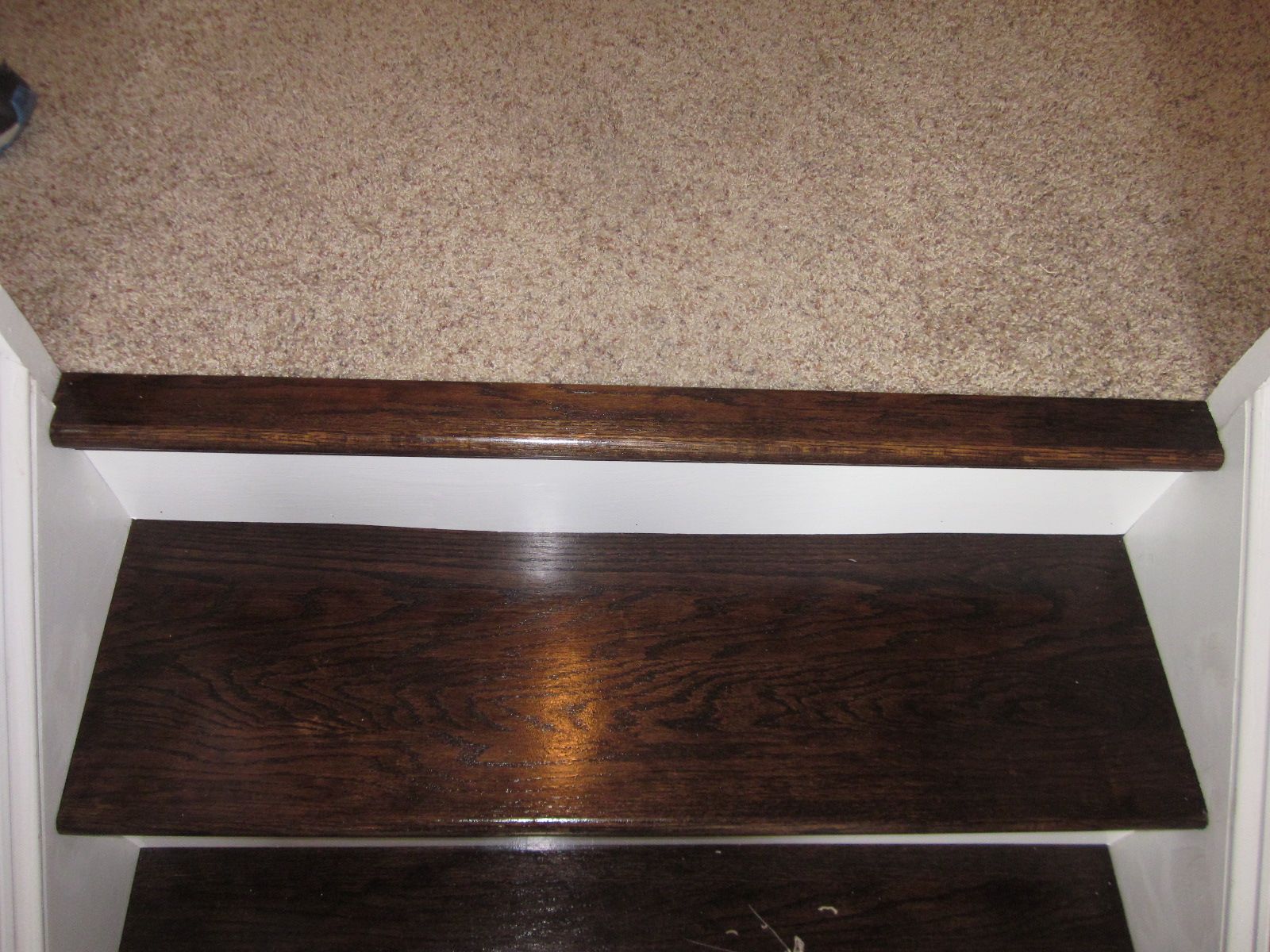
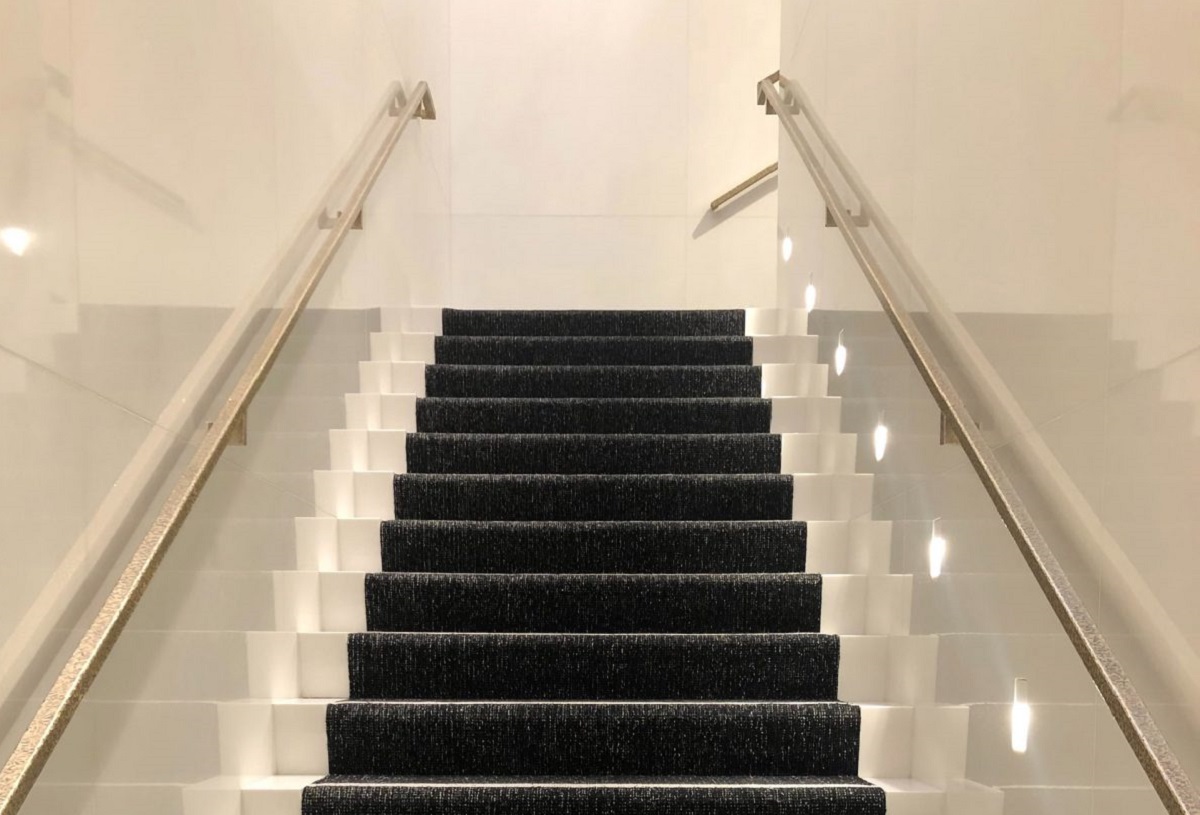
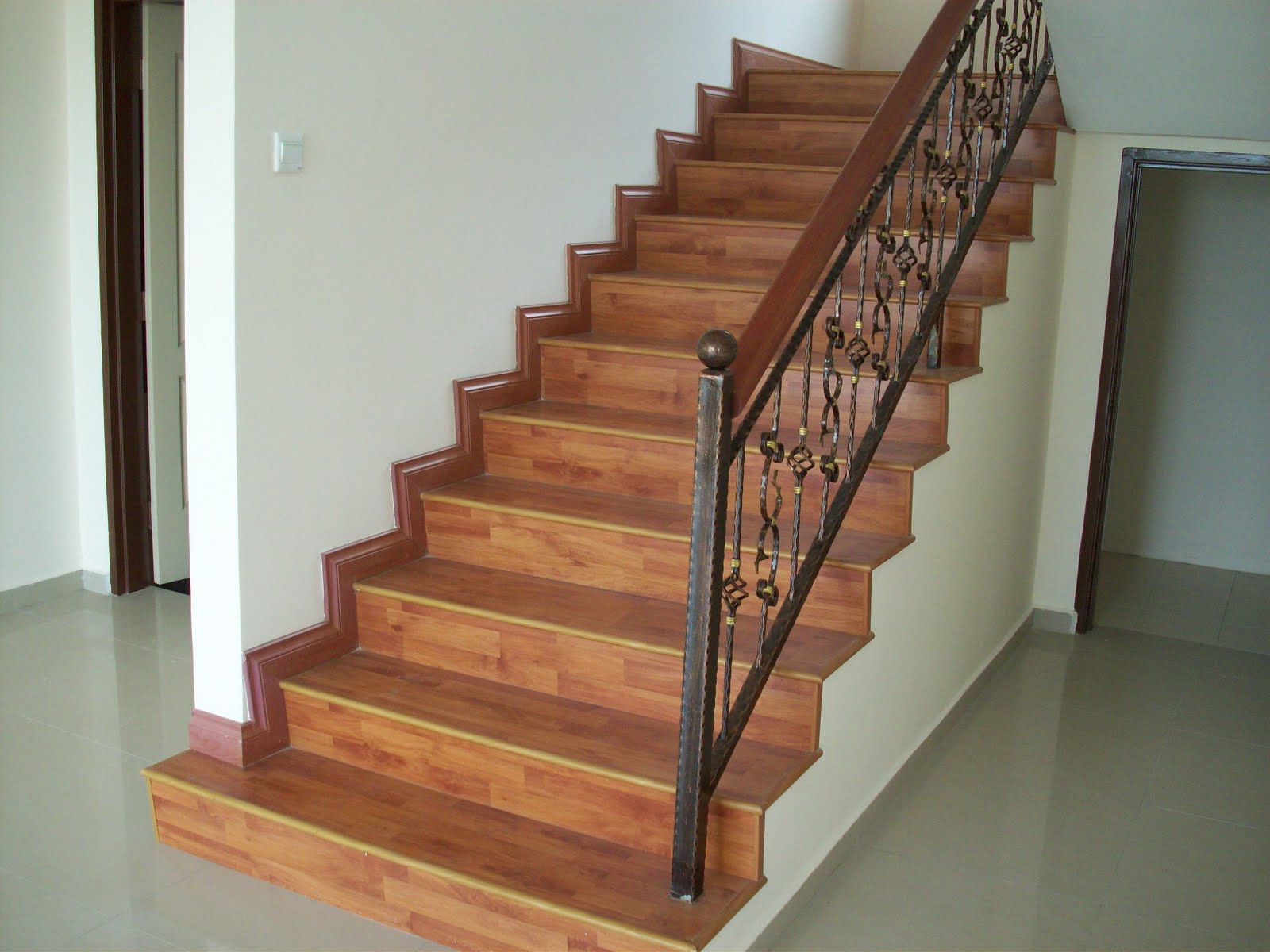
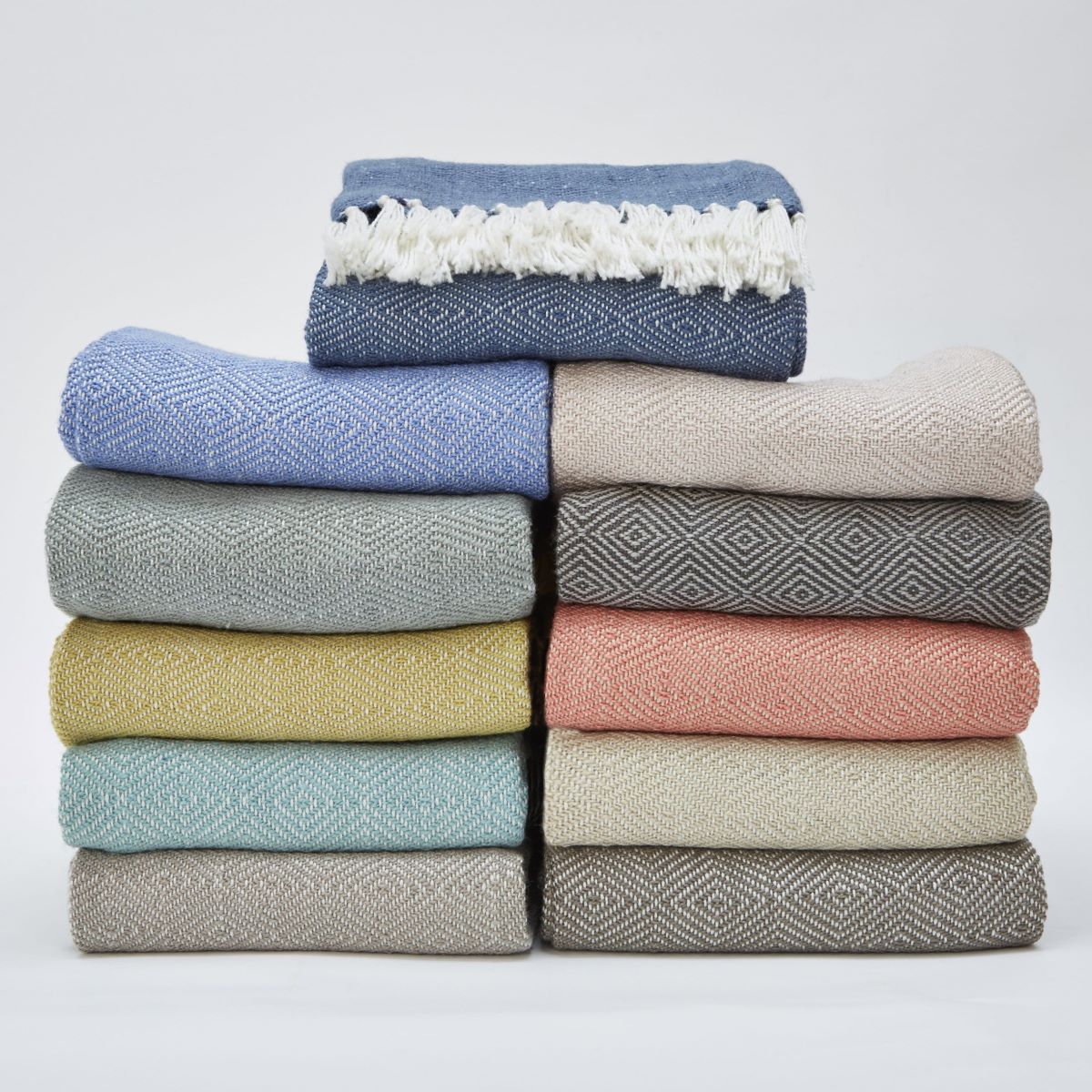
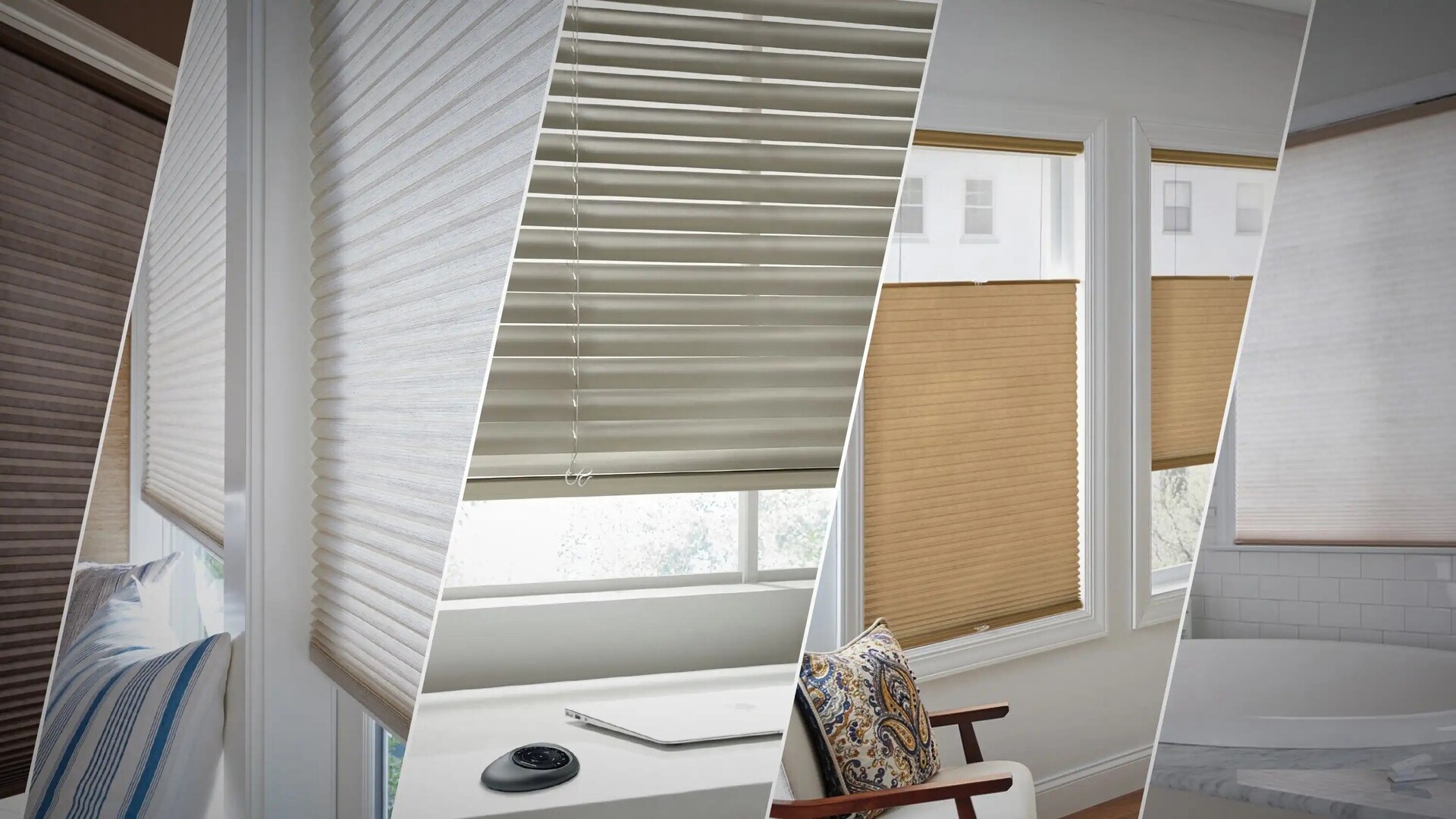
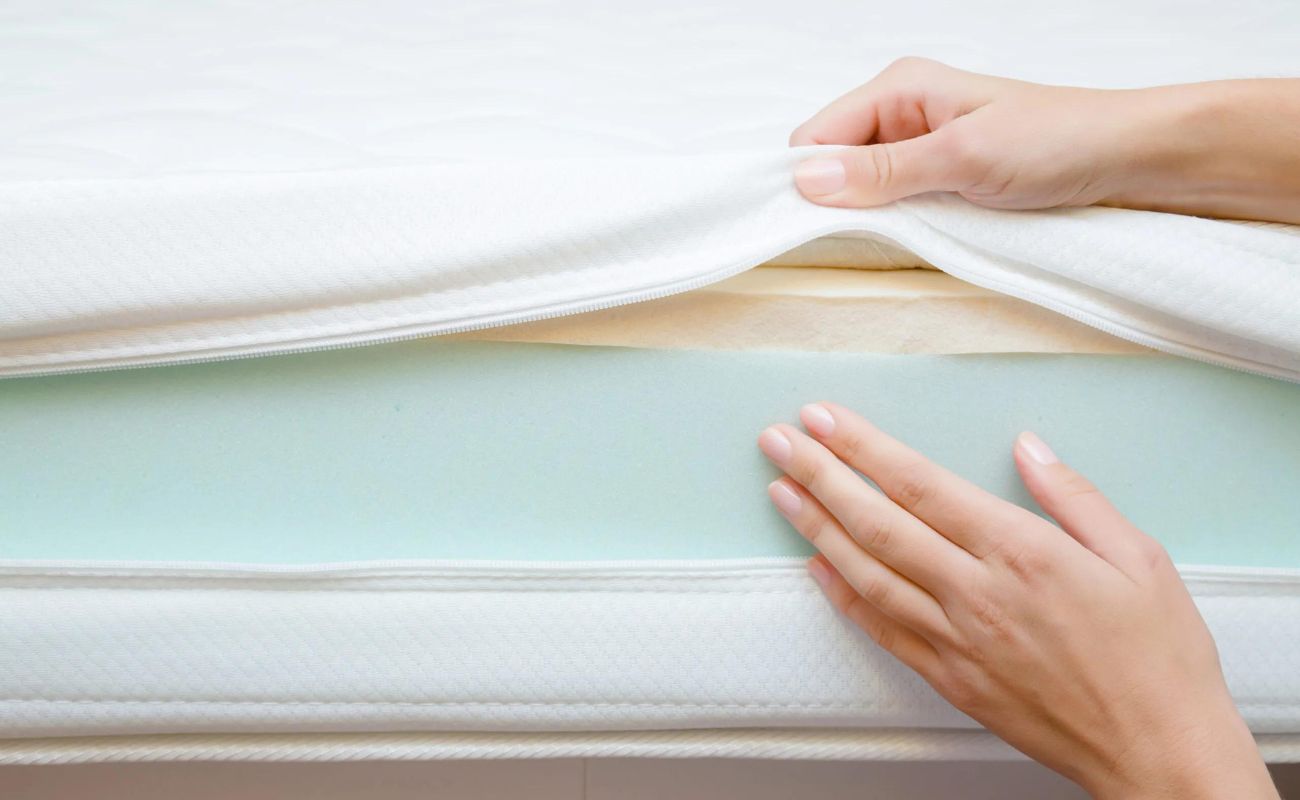
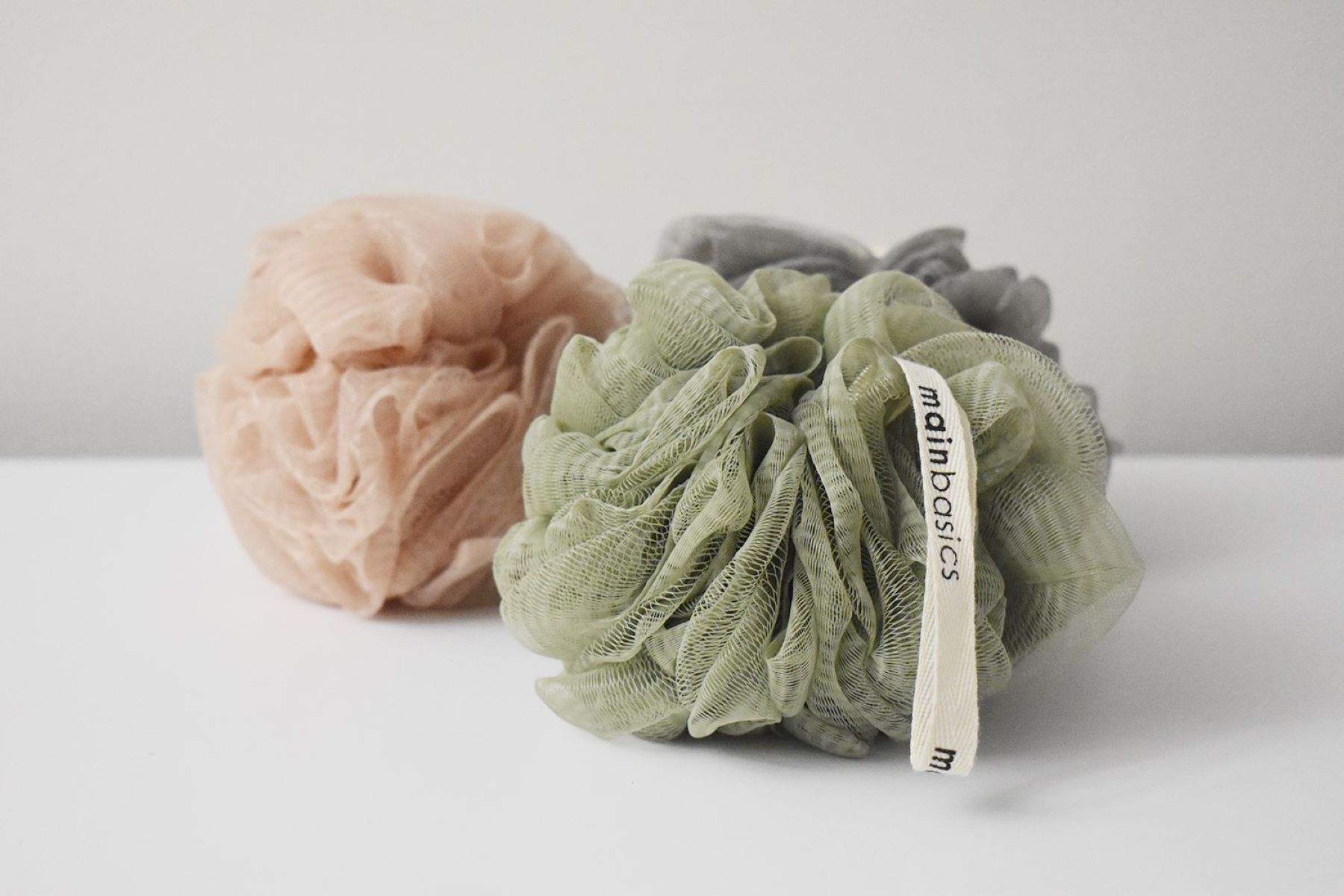
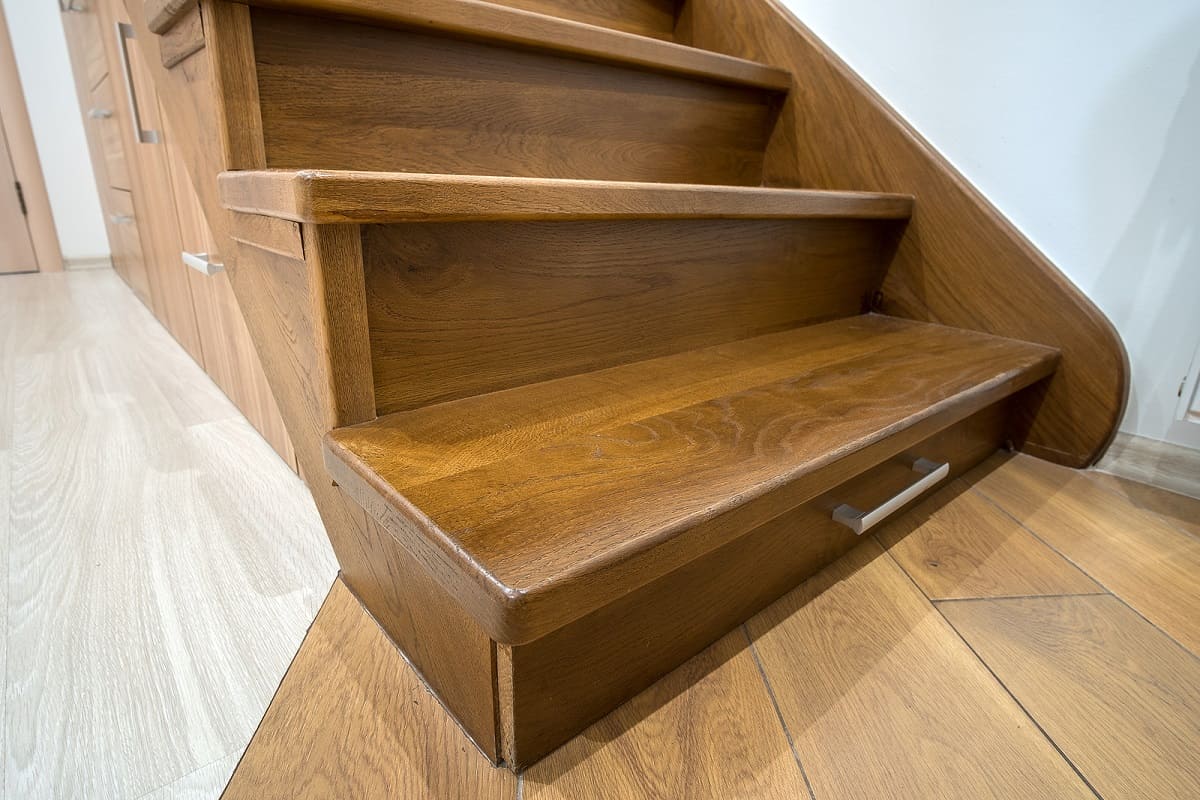
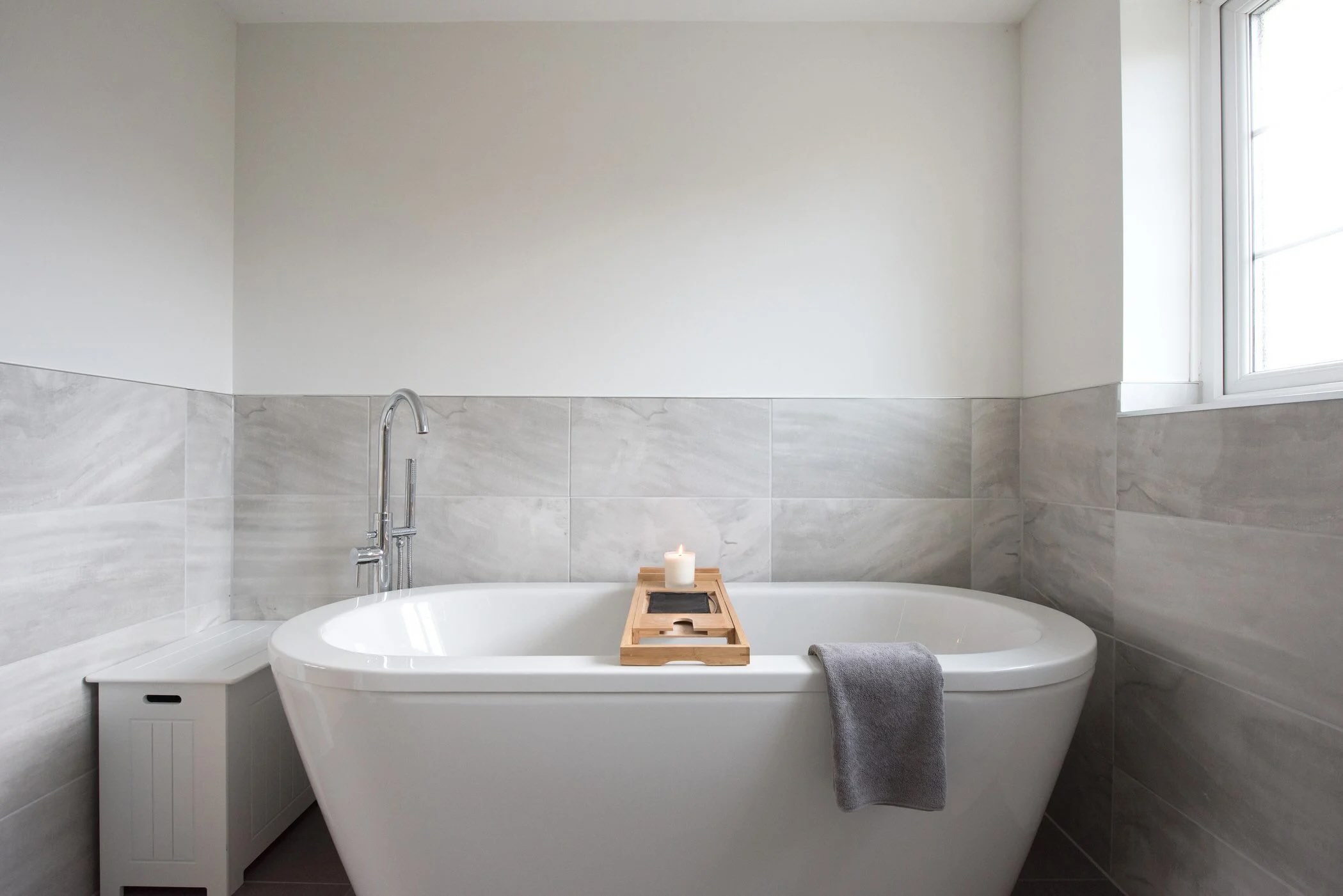

0 thoughts on “What Type Of Flooring Is Best For Stairs?”